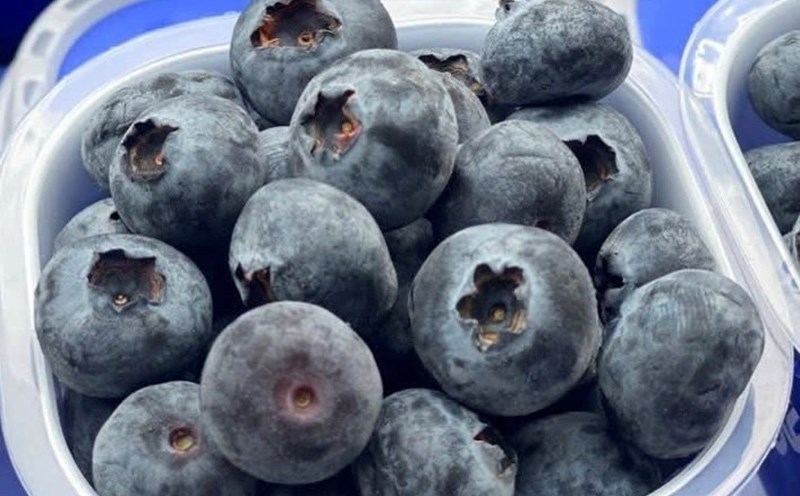Synthesized studies on many randomized and large-scale studies show that long-chain fatty acids omega-3 can slightly reduce blood pressure but have clinical significance, especially in people with high blood pressure.
Eating nearly 2-3 grams of omega-3 per day, for people with high blood pressure, can reduce about 4-5 mmHg of expressed blood pressure at higher doses; the authors concluded that the equivalent amount of omega-3 from fatty fish or supplements can work depending on the dosage.
Public health agencies and the cardiovascular association still recommend eating fatty fish 1-2 times a week (equivalent to about 250-500 g/week) as part of a heart-healthy diet, because the benefits of fresh fish are not only omega-3 but also high-quality protein, vitamin D, selenium and replacement of foods rich in saturated substances.
Organizations such as the American Heart Association also clearly state that priority should be given to fresh, steamed, grilled, boiled fish, avoid frying too much oil.
Priority should be given to salmon, mackerel, sardines, herring, and freshwater salmon.
Eat at least 1-2 times/week; if the goal is to achieve 2-3g of omega-3/day (usually higher than the natural amount of 2 meals/week).
Avoid fried fish with a lot of oil or processed in salt (almonds, pickled, canned with a lot of salt) because salt and fried oil can increase blood pressure and destroy cardiovascular benefits.
Supplementing fish oil in capsules often does not give consistent results in reducing mortality or cardiovascular events, and many recent large studies have shown that the benefits of omega-3 tablets on cardiovascular events are limited when compared to modern treatment regimens, but the effect on blood pressure can still be seen in high doses.
Therefore, prioritizing eating whole fish as food rather than just relying on supplements.
People with high blood pressure often use many drugs - ACE inhibitors, diuretic drugs, platelet synthesis drugs or anticoagulants.
High doses of Omega-3 can increase the risk of mild bleeding or lower blood pressure when combined with blood pressure medications; so talk to your doctor before starting a large supplement (or increasing the amount of fish) if you are taking anticoagulants or have very low blood pressure.











